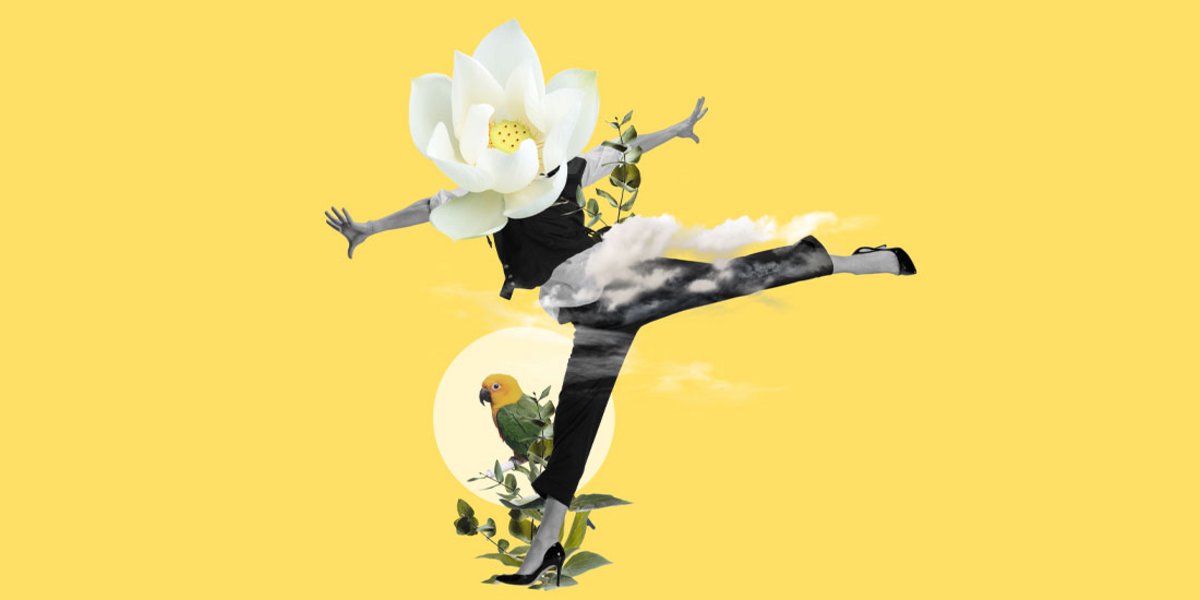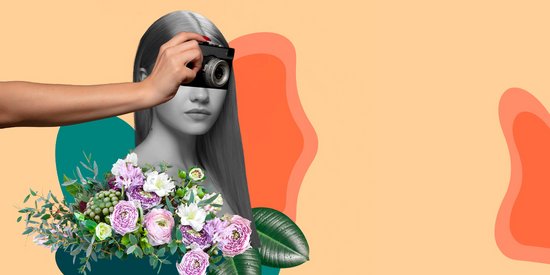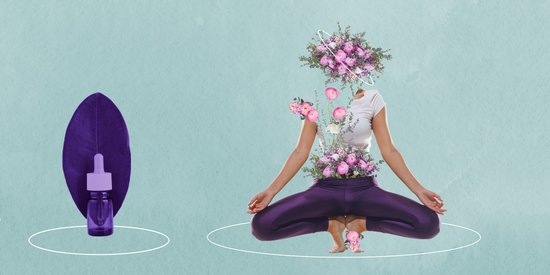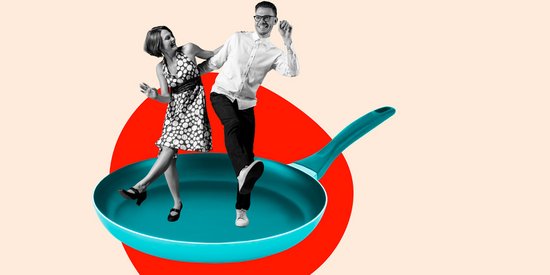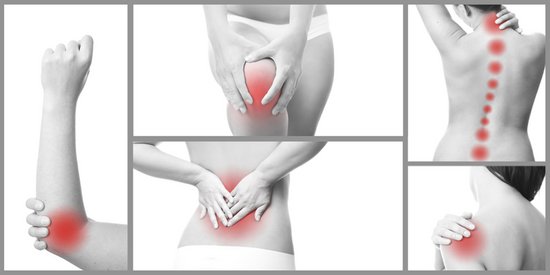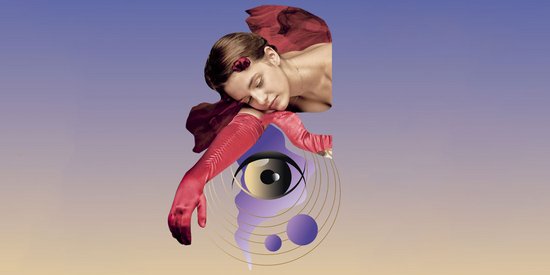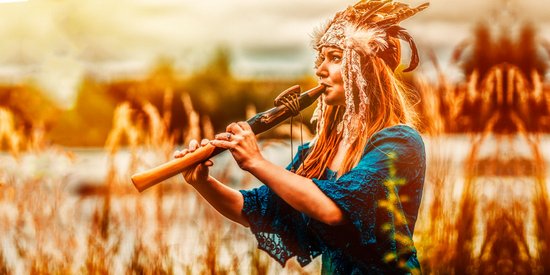In recent years, we have seen a great increase in interest for natural and organic products
Just like dietary supplements, natural products and aromatherapy surged ahead in terms of sales during the outbreak of Coronavirus, COVID-19. It should be remembered that senior health authorities recommended that oral anti-inflammatory drugs should no longer authorized and essential oils in particular, were a subject of sustained attention during the pandemic period. Although aromatherapy is on the rise, remember that plants contain what are called active ingredients and that the expected effects can be beneficial as well as unwanted and toxic.
By definition, aromatherapy is the use of aromatic compounds extracted from plants in the form of essential oils, used for therapeutic purposes. This is not to be confused with herbal medicine, which aims to treat or prevent disease through the use of plants.
The first traces of the distillation method date back several millennia. In these ancient times, certain extraction processes were used in China, India and especially in Egypt. It was in 1910, that a surprising discovery was made by the chemist René Maurice Gattefosse during an explosion in his laboratory. He found himself seriously burned on the arms, and plunged them into a container of essential oil of lavender, as an automatic reflex. This unfortunate event confirmed his first intuitions, namely that lavender EO has therapeutic virtues. It was not until the 1960s that aromatherapy really took off, thanks to Dr. Jean Valnet, the second father of modern aromatherapy.
"I had become convinced that medical truth was not in synthetic chemistry but in nature." J. VALNET
A little tour of the pharmacopoeia
In 2010, the WHO established a list of more than 22,000 medicinal plants used mainly in traditional medicine. It should be remembered that in several countries, medicinal plants are subject to a set of analyses allowing quality control to be carried out.
Would it be presumptuous to claim that aromatherapy can cure all ailments?
If you are talking aromatherapy, your are talking about natural products and natural does not necessarily come without risks. Today, there are a considerable number of doctors, pharmacists, physiotherapists and homeopaths who affirm that aromatherapy and herbal medicine remain unquestionably natural allies. According to the WHO, in 2006, Brazil integrated the practice of aromatherapy into its unique healthcare system. Europe does not remain any less cautious with a much slower progression rate, where alternative medicine still does not find its place and is considered as a form of unconventional medicine, which is still no rival to allopathic medicine.
Whether these products are popular or not, it makes us wonder where the evidence is for the effectiveness of aromatherapy, where the latest in vivo, in vitro and clinical studies have not yet confirmed their effectiveness. Whatever your enthusiasm for natural medicines, keep in mind that you cannot substitute these for a doctor and for seeking medical advice.
Heal yourself naturally, of course, but not just any old way!


